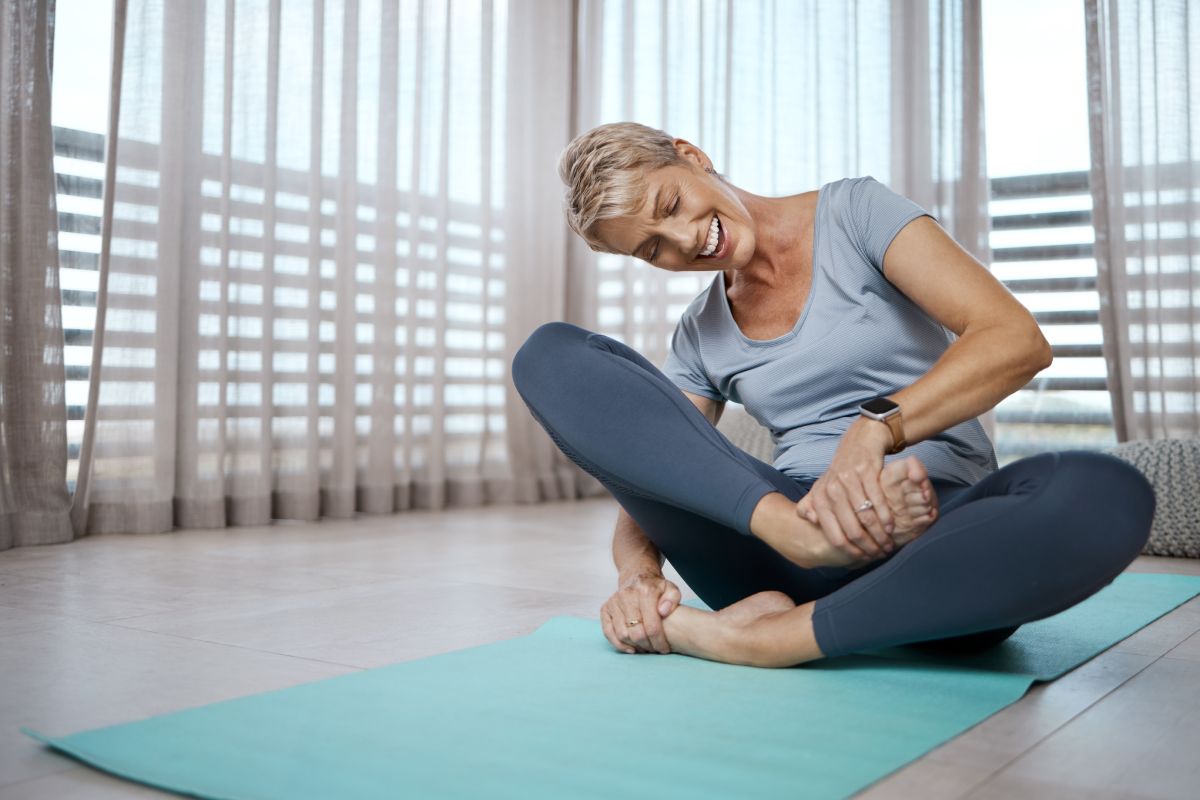How Yoga For Healthy Aging Contributes To Your Well-Being

In the journey of aging gracefully, maintaining physical and mental health becomes increasingly important. Yoga, an ancient practice known for its holistic benefits, has emerged as a key contributor to healthy aging. This article explores the multifaceted benefits of yoga for healthy aging aimed at individuals seeking to preserve their vitality and well-being in their later years. Through regular practice, yoga offers a gentle yet effective means of enhancing overall health, proving to be a valuable component of a well-rounded wellness regimen.
Physical Benefits: Enhancing Mobility and Strength
Yoga's physical benefits are profound, especially for those in the later years of life. The practice involves a series of postures and movements that stretch and strengthen the body, enhancing flexibility and muscle tone. For older adults, this can translate into improved mobility and a reduced risk of falls, a common concern in old age. Furthermore, yoga can alleviate various age-related conditions, such as arthritis and chronic pain by promoting joint health and reducing inflammation. By integrating yoga into their routine, older individuals can maintain a higher level of physical independence and quality of life.
Mental Health: Fostering Mindfulness and Clarity
Beyond its physical advantages, yoga offers significant mental health benefits, key among them being the promotion of mindfulness and mental clarity. The meditative aspects of yoga encourage practitioners to focus on the present moment, reducing stress and anxiety. This mindfulness practice can lead to greater emotional balance and a reduction in symptoms of depression, which are particularly beneficial for those navigating the complexities of aging. Regular yoga practice creates a sense of calm and mental resilience, essential for facing the challenges and transitions that come with older age.
Emotional Well-Being: Cultivating Connection and Self-Awareness
Yoga also plays a crucial role in enhancing emotional well-being by fostering a deeper connection with oneself and others. As individuals age, isolation can become a challenge, but yoga offers a community of like-minded individuals sharing a common practice. This sense of belonging can combat feelings of loneliness and promote a positive outlook on life. Moreover, the introspective nature of yoga encourages self-awareness and self-acceptance, empowering older adults to embrace their journey with grace and confidence.
Integrating Yoga into Daily Life
Incorporating yoga into daily life can be simple and accessible, regardless of physical ability or experience. Many retirement communities and wellness centers offer yoga classes tailored to older adults, emphasizing gentle poses and breath work suitable for varying levels of mobility. Starting with just a few minutes a day can make a significant difference in one's overall health and vitality. As individuals become more comfortable with the practice, they can gradually explore more challenging poses and longer sessions, always listening to their bodies and respecting their limits.
Yoga for healthy aging presents a holistic approach to maintaining and enhancing well-being through the golden years. Its comprehensive benefits address physical health, mental clarity, and emotional resilience, making it an ideal practice for those aiming to age with vitality. Retirement communities that offer yoga and other wellness programs provide invaluable support for individuals seeking to live better and healthier lives in old age, affirming that aging can be a journey of continued growth and well-being.
